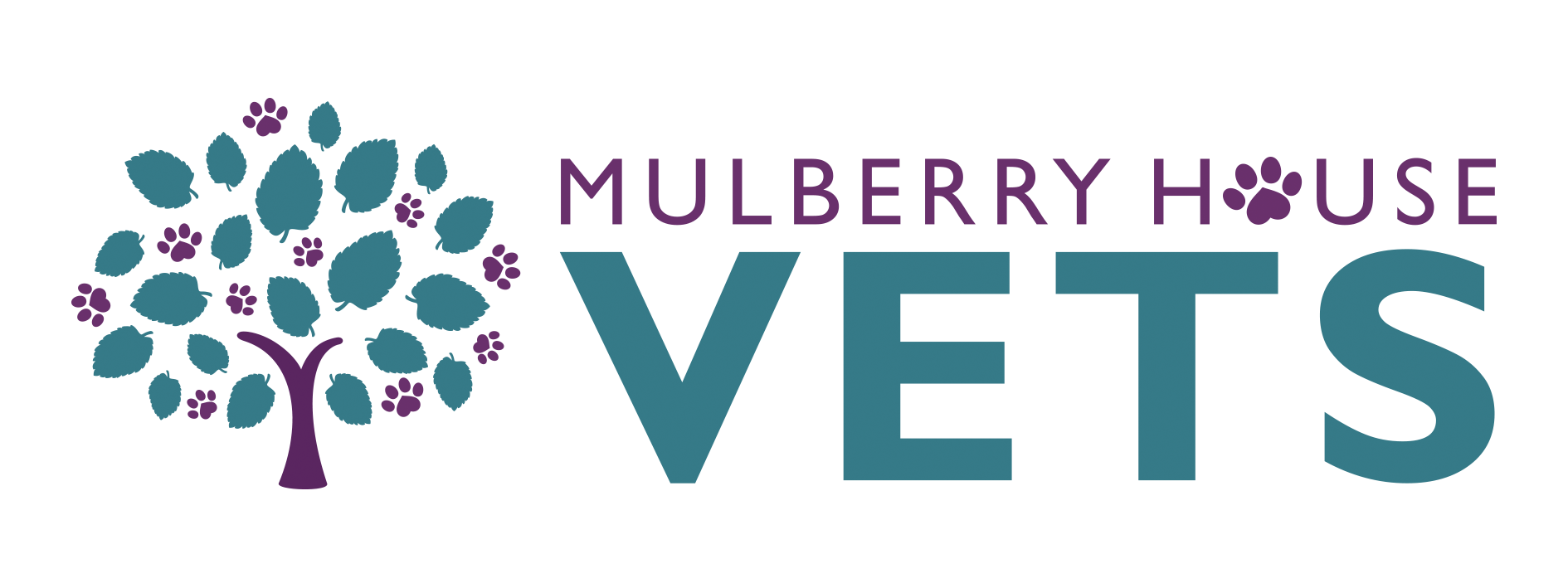Toxicity Information
Pet poisonings are one of the most common emergencies our vets and vet nurses see – and statistics show around 9 in 10 of these happen while pets are in their own home. Some of the most common poisons we see are chocolate, raisins and grapes, rat bait, slug pellets, mould, and flowers such as lillies. Both dogs and cats can become poisoned by these substances. The most important thing is to get in contact with us quickly so we can give you the best advice, rather than waiting until symptoms develop. It is also helpful for us if you can keep any packaging from the items, write down any symptoms your pet is experiencing, and to provide with your pet’s current weight if known.
Here is some more information on the most common toxins we see:
Chocolate – the cocoa in chocolate has a substance called theobromine which is toxic to dogs and cats. The toxin mainly affects the heart, the nervous system, and kidneys. The darker the chocolate, the more theobromine it contains. The treatment depends on how much chocolate your pet has eaten and when it was ingested.
Vetsnow have a helpful chocolate toxicity calculator you can use at home to check if you are unsure.
Raisins and grapes – there is no known toxic dose of grapes/raisins, so it is better to be safe than sorry. The toxin affects the kidneys, and so patients sometimes need to be hospitalised on a drip to support their kidneys.
Rat Bait – Ingestion of rat bat can result in problems with your pet’s blood being able to clot properly. Pets who have ingested rat bait may need blood tests to check their clotting function, and then supportive treatment.
Mould – Mouldy food contains mycotoxins, which stimulate the nervous system when ingested. Patients who have ingested mycotoxins often present with tremors, and need supportive treatment for this whilst the toxin gets out of their system.
Flowers e.g. lilies – there are lots of flowers that can be toxic to cats and dogs. Lillies in particular are toxic to cats, and any part of the Lily can be dangerous. Lillies can affect the kidneys and so bloods tests and hospitalisation on a drip may be advised.
For more unusual toxins or if you are unsure if what your pet has been exposed to is poisonous, you can call the veterinary poisons information service. They offer a triage service (at a small fee) to let owners know whether a trip to the vet is required. They can be contacted on 01202 509000.
What can I do to try and prevent my animal being exposed to a toxin?
- Keep your pet away from areas where chemicals and toxins are being used, such as the kitchen, bathroom or garage
- Ensure all chemicals are safely contained and stored out of reach of inquisitive paws and noses when not in use
- Do not keep poisonous plants in or around your home
- Keep an eye out for poisonous plants when taking your dog outside
- Follow instructions on insecticides and rodenticides carefully
- Keep human and pet medications stored in a safe and secure location
- Label medications carefully
- Keep count of how many are in each container as this information will be extremely useful in case of ingestion or an overdose
- Do not leave food items that could be toxic out on the side for your pet to find
- Make sure everyone in the family knows about what is and isn’t poisonous
- Check the ingredients of any baked goods and chewing gum (these items may contain xylitol)
Please do not hesitate to get in touch with our team if you have any concerns about what your pet may have eaten or been exposed to.






